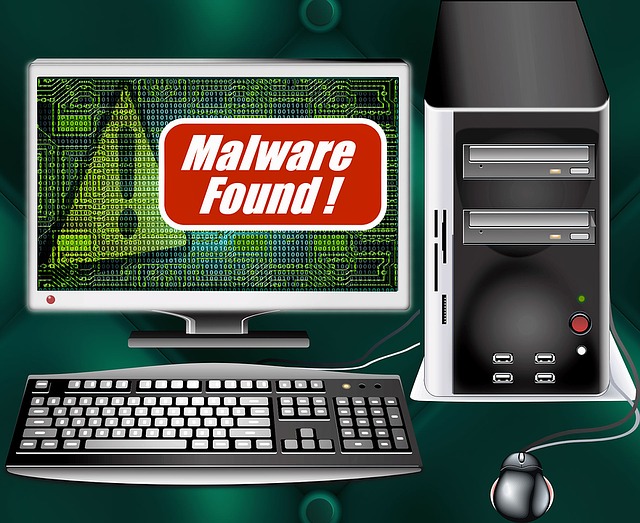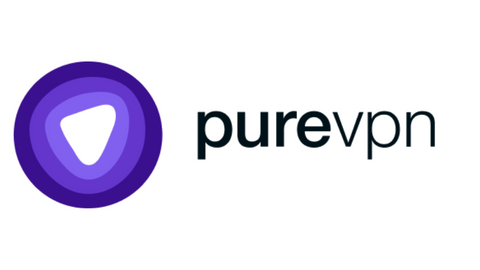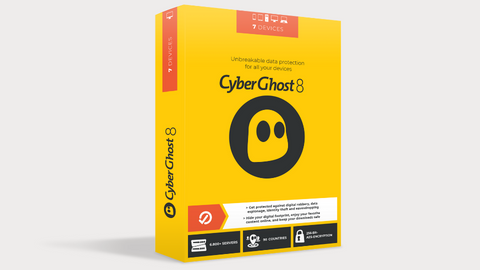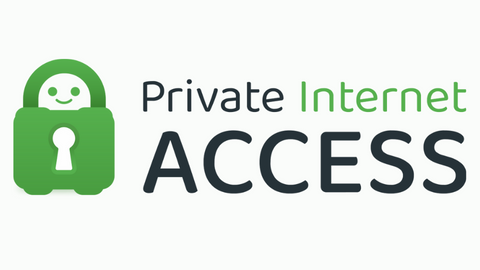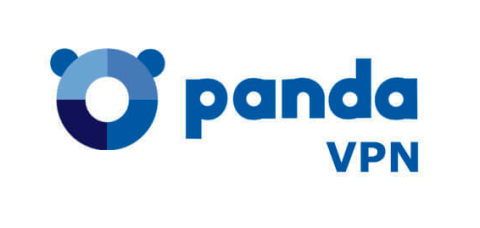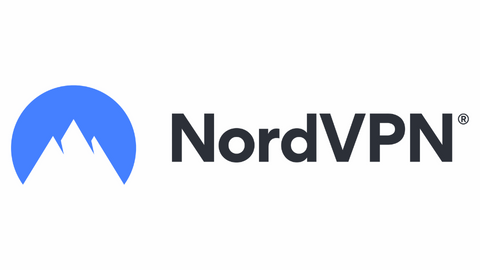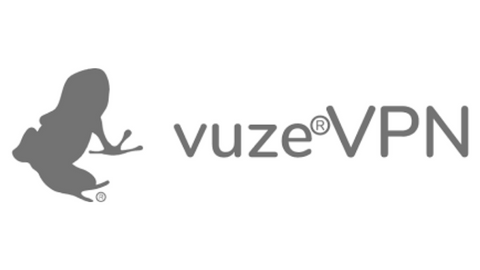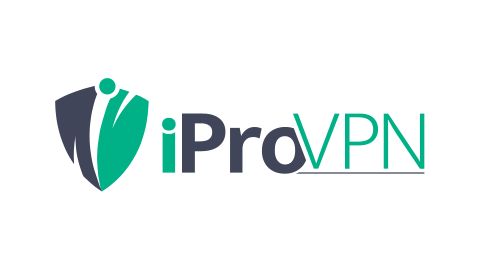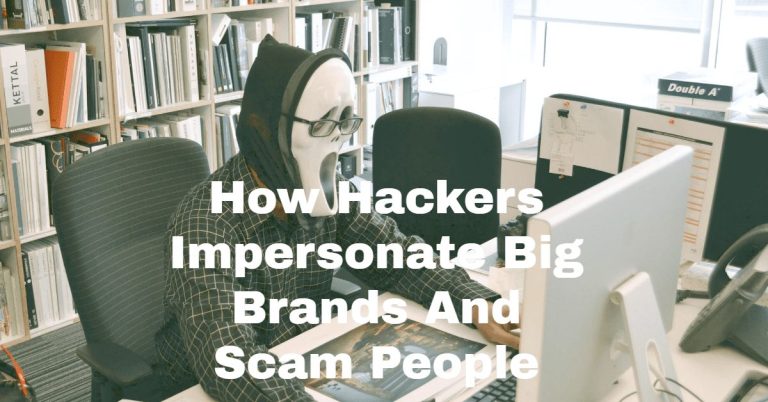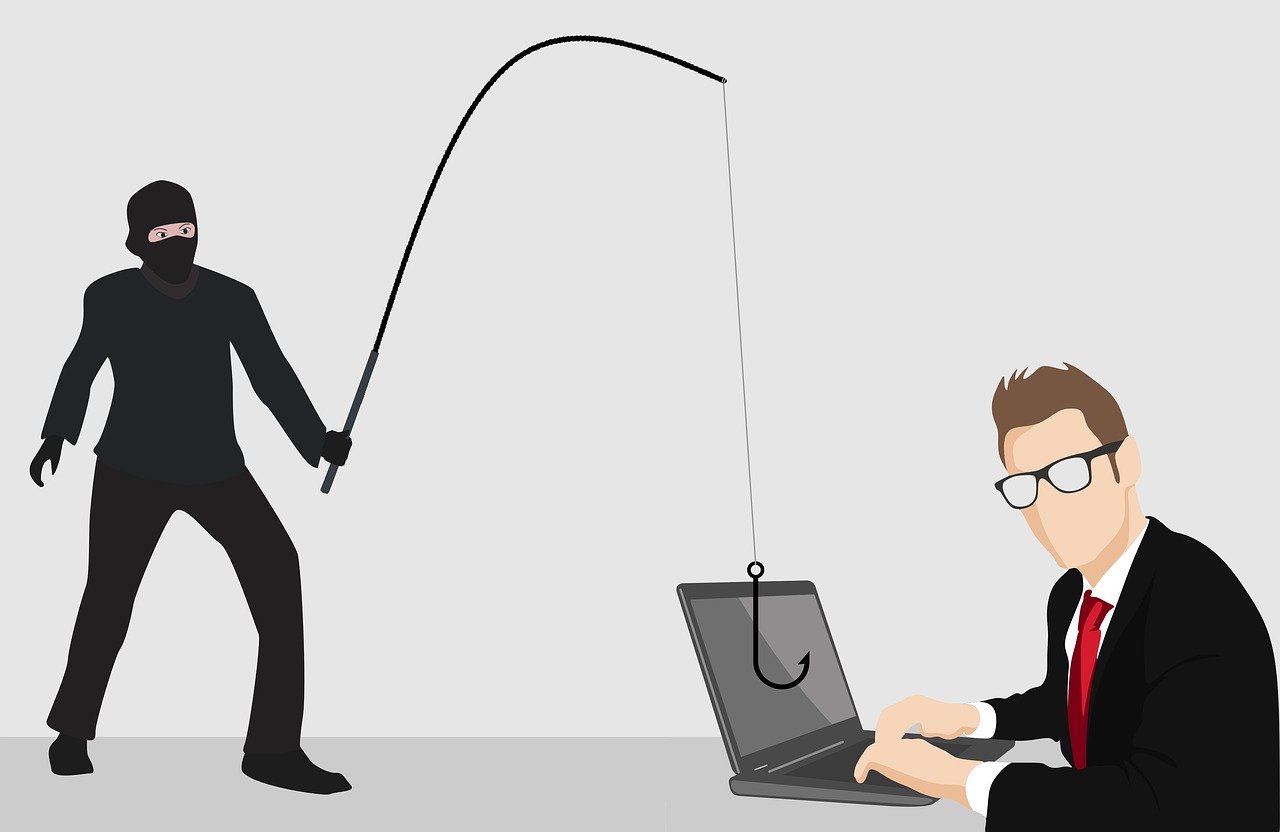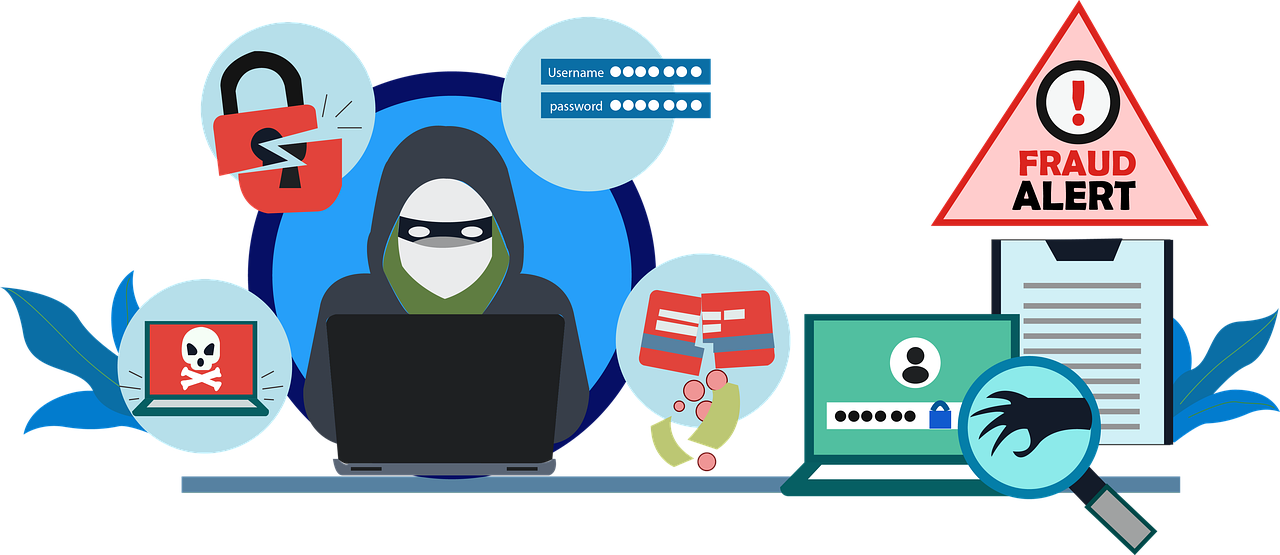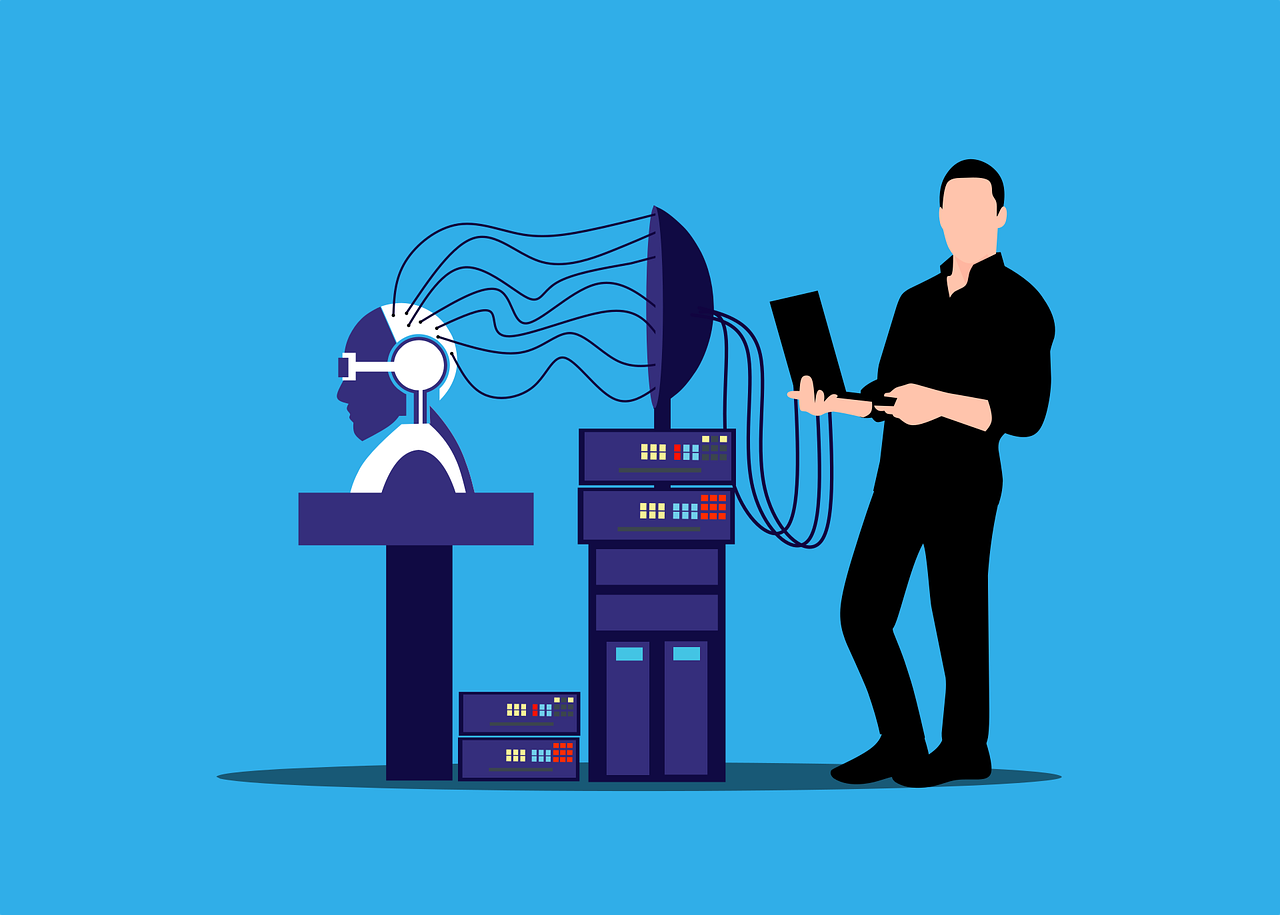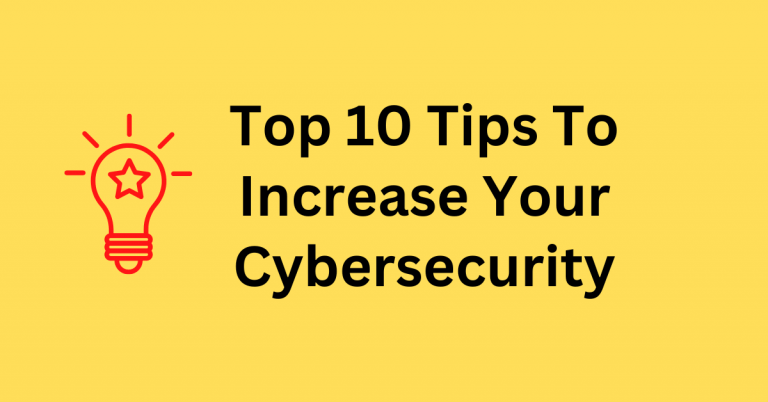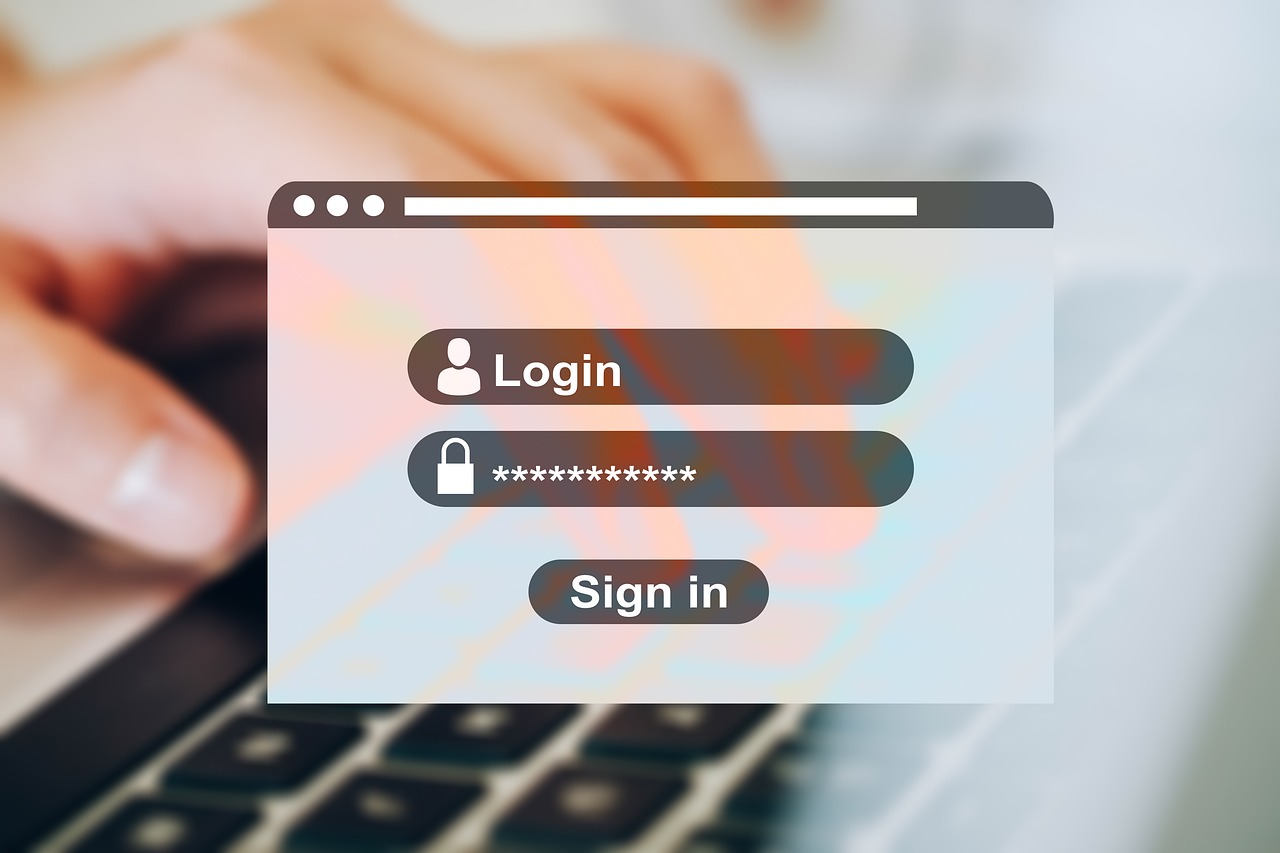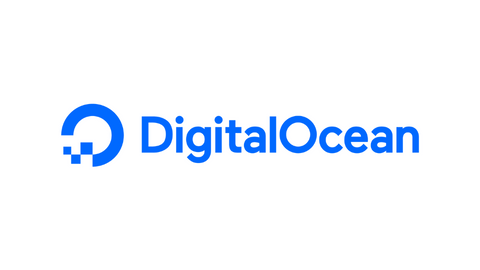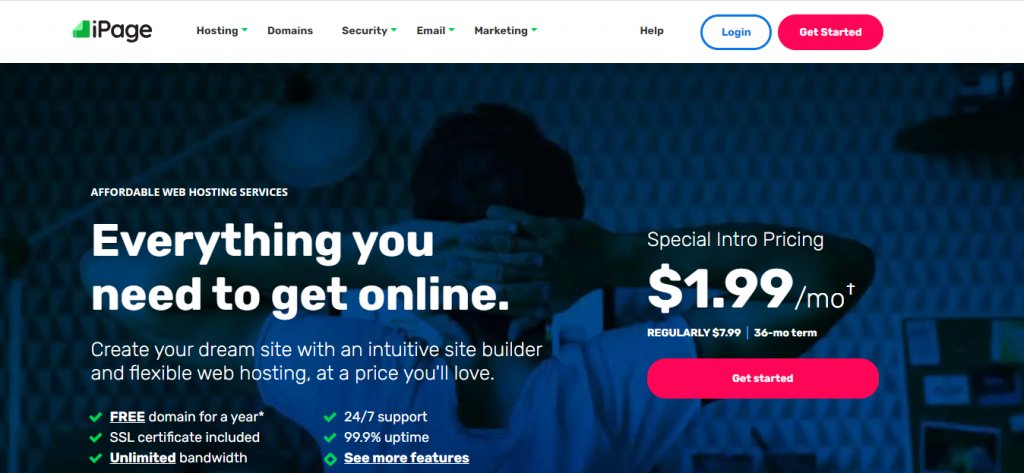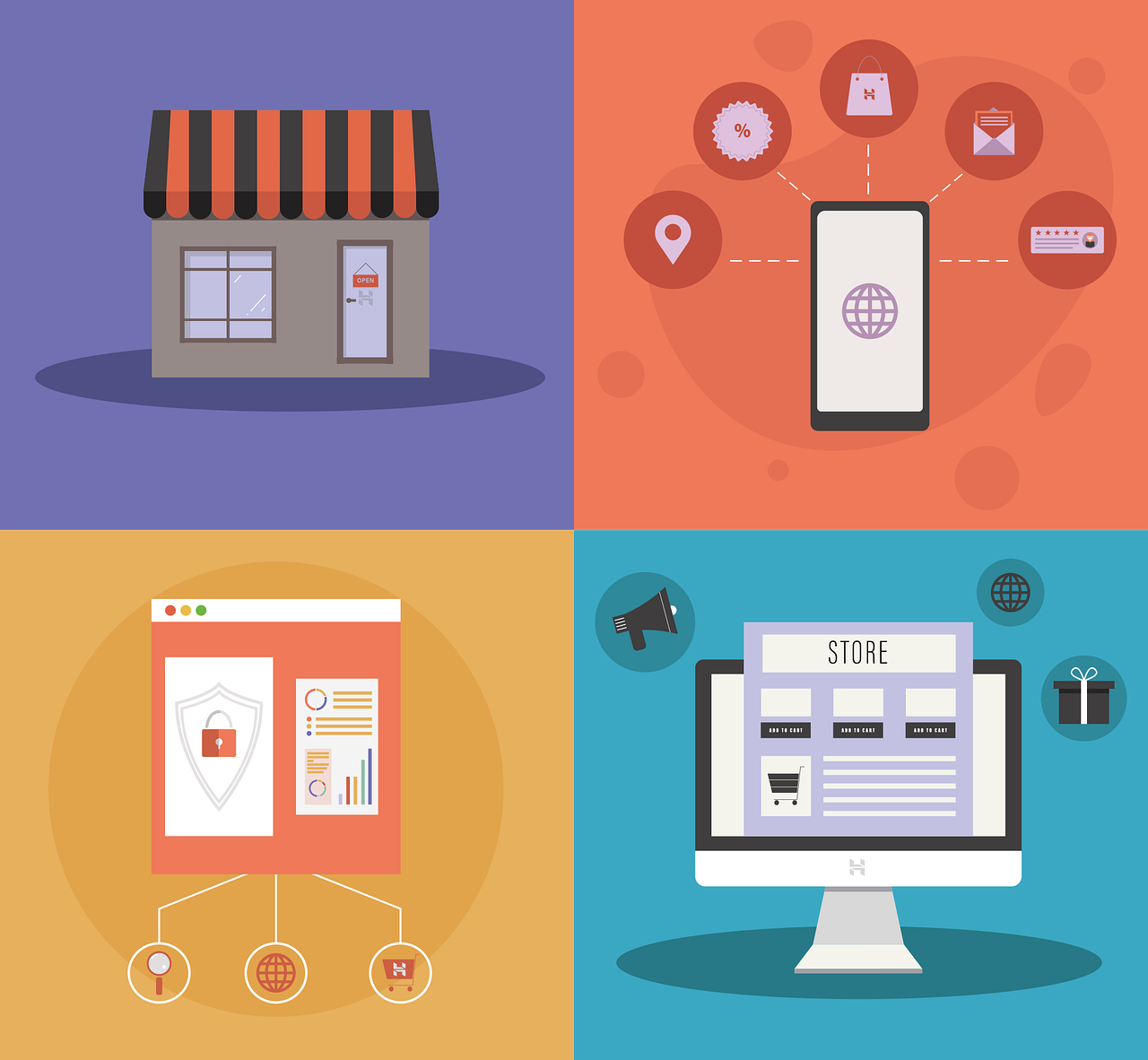This post provides tips on optimizing website speed for Windows Hosting.
In today’s online world, how fast your website loads can either help or hurt your online success. Slow loading times can cause people to leave your site quickly, which can lower your site’s ranking on search engines and result in missed opportunities for revenue.
It’s essential to select the best hosting provider and server setup to ensure your website loads faster. If you’re using Windows hosting, optimizing your site’s speed might require special techniques.
This guide provides practical tips to optimize your website and enhance it for users with Windows hosting.
READ ALSO: Most Secure Web Hosting
Table of Contents
Understanding the Importance of Website Speed

Before delving into optimization strategies, let’s underscore the significance of website speed. Studies have consistently shown that even minor delays in page loading times can significantly impact user satisfaction and engagement.
In the contemporary interconnected society, where attention spans are fleeting, users expect instantaneous access to website content.
Here are some compelling reasons why website speed matters:
1. User Experience
A fast-loading, well-designed website enriches user experience, increasing engagement and decreasing bounce rates. Visitors are more likely to abandon a website if it takes longer to load, resulting in lost opportunities for conversions and revenue.
2. Search Engine Rankings
Search engines like Google prioritize websites with swift loading times in their search results. Enhanced website speed can positively impact your search engine rankings, potentially leading to increased organic traffic and improved visibility.
3. Conversion Rates
Faster websites have higher conversion rates. Whether purchasing, signing up for a newsletter, or filling out a form, users are more likely to complete desired actions on websites that load quickly.
READ ALSO: How to Secure Your Mobile Devices: A Comprehensive Guide
Key Factors Affecting Website Speed on Windows Hosting
Optimizing website speed on Windows hosting involves addressing various factors contributing to performance bottlenecks. Here are some key considerations:
1. Server Configuration
The configuration of your Windows server’s role is crucial in determining website speed. Ensure your server is optimized for Performance by fine-tuning settings such as caching, compression, and resource allocation.
2. Content Management System (CMS)
If you’re using a CMS like WordPress or Joomla on Windows hosting, ensure it’s optimized for speed. Choose lightweight themes and plugins/extensions, and regularly update your CMS and associated components to benefit from performance enhancements.
3. Code Optimization
Optimizing your website’s code is crucial for enhancing its speed. Condense HTML, CSS, and JavaScript files to minimize file sizes and remove unnecessary code. Additionally, it leverages browser caching and enables gzip compression to further optimize file delivery.
4. Database Optimization
Optimize database queries and indexes to improve efficiency if your website relies on a database backend. Regularly clean up unnecessary data and implement caching mechanisms to reduce database load.
5. Content Delivery Network (CDN)
Utilize a CDN to distribute your website’s content across multiple servers worldwide. This reduces latency and improves loading times for users accessing your site from different locations.
Effective Tips for Speed Optimization on Windows Hosting
Now that we’ve covered the foundational aspects, let’s explore actionable tips for optimizing website speed on Windows hosting:
1. Opt for a Dependable Hosting Provider
Select a reputable hosting provider that specializes in Windows hosting and offers high-performance servers with SSD storage, ample bandwidth, and a robust network infrastructure.
2. Enable HTTP/2 Protocol
HTTP/2 offers significant performance improvements over its predecessor by allowing multiple concurrent requests over a single connection. Ensure your server and website are configured to support HTTP/2 for faster page loading times.
3. Utilize Server-Side Caching
Implement server-side caching mechanisms, such as Output Caching in IIS (Internet Information Services), to store dynamically generated content and serve it quickly to subsequent requests. Configure caching rules based on content types and user sessions for optimal Performance.
4. Optimize Image Delivery
Compress and optimize images to reduce file sizes without compromising quality. Use image formats like WebP for modern browsers that support it, and lazy load images to defer loading offscreen images until needed.
5. Implement Content Compression
Enable dynamic and static content compression (gzip/deflate) on your server to reduce file sizes during transmission and improve website performance. This significantly reduces bandwidth usage and accelerates page loading times for users.
6. Monitor and Analyze Performance
Utilize web performance monitoring tools, such as Google PageSpeed Insights, GTmetrix, or Pingdom, to regularly analyze your website’s performance metrics. Using the data collected from these tools, identify areas for improvement and implement optimizations.
7. Optimize DNS Lookup
Select a reputable DNS provider and minimize DNS lookup times by reducing the number of DNS queries. Consider using a DNS prefetching technique to resolve domain names proactively and cache DNS records locally.
8. Leverage Browser Caching
Configure server directives to instruct web browsers to cache static assets such as images, CSS, and JavaScript files. Specify appropriate cache expiration times to ensure returning visitors benefit from cached content, reducing server load and speeding up page rendering.
9. Enable Compression and Minification
Enable compression to reduce the file sizes of text-based assets such as HTML, CSS, and JavaScript files. Additionally, minify these files by removing whitespace, comments, and unnecessary characters to optimize delivery.
10. Optimize Database Performance
Regularly optimize and maintain your website’s database to improve query performance and reduce response times. Implement indexing, query optimization, and database caching strategies to enhance efficiency.
11. Regularly Update Software and Plugins
Keep your server operating system, web server software (IIS), CMS, plugins, and extensions up to date with the latest security patches and performance improvements. Outdated software can lead to vulnerabilities and performance degradation.
12. Implement SSL/TLS Encryption
Secure your website with SSL/TLS encryption to protect user data and improve trust. Additionally, modern web browsers prioritize encrypted connections, which can result in faster loading times due to protocol optimizations.
Conclusion
Optimizing website speed in the competitive online landscape is essential for a seamless user experience. Improving search engine rankings and maximizing conversions.
By implementing the strategies and techniques outlined in this manual, you can enhance the performance of your website hosted on Windows servers and ensure that visitors have a fast and responsive browsing experience.
Remember to continuously monitor performance metrics, experiment with optimization tactics, and stay abreast of emerging technologies to maintain a competitive edge in website speed optimization.
Dedication and attention to detail can accelerate your website and leave a lasting impression on your audience.
INTERESTING POSTS
- Proxy Optimization: 4 Things You Didn’t Know A Proxy Could Do
- Large scale attack campaign targets WordPress sites’ database credentials
- How To Compress A PDF File To Make It Smaller?
- Managing Deliveries on the Go: Top Apps for Delivery Professionals
- API Development: Everything You Need to Know
- A Beginner’s Guide to System Optimization











![11 Most Common WordPress Attacks [MUST READ] 11 Most Common WordPress Attacks [MUST READ]](https://secureblitz.com/wp-content/uploads/2020/04/common-wordpress-attacks-768x496.jpg)

